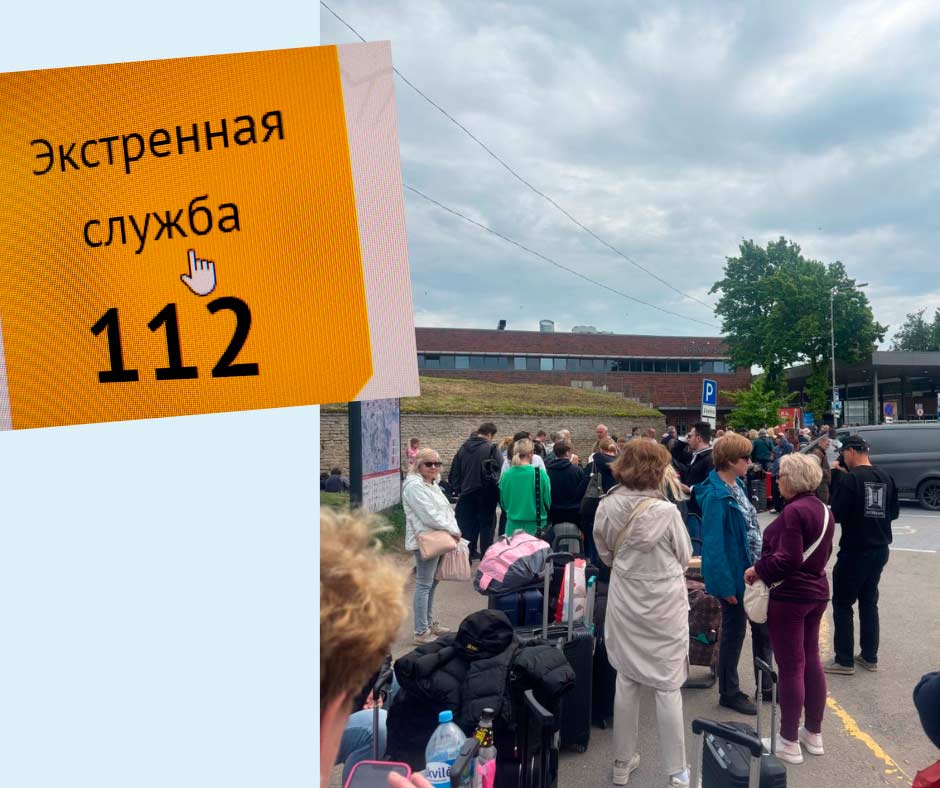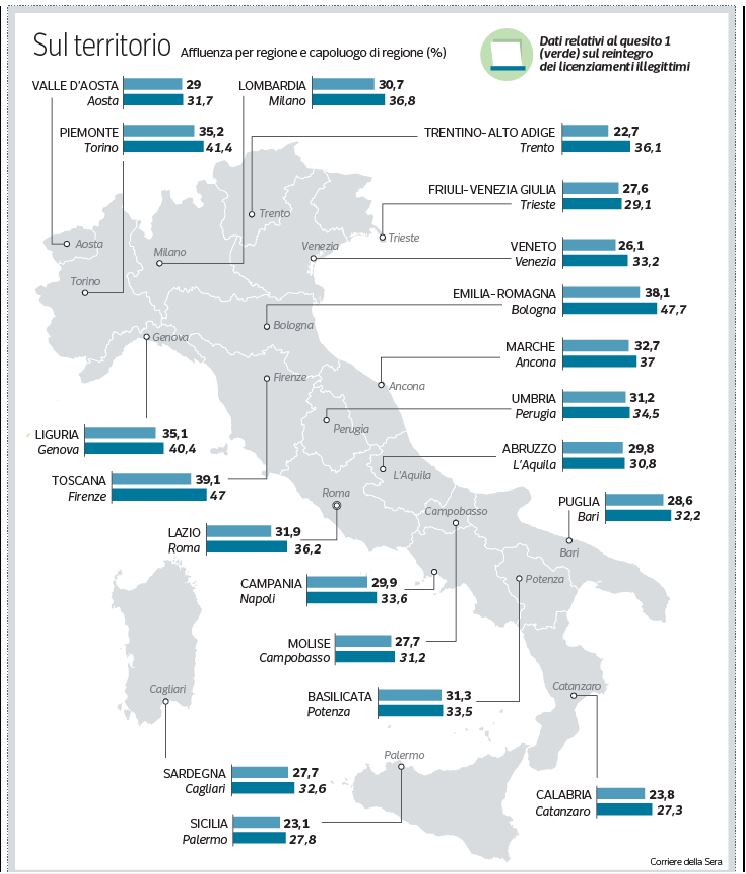Writer Chimamanda Ngozi Adichie: ‘Even my friends sometimes ask:’ Is that really misogyny?
:format(webp)/s3/static.nrc.nl/wp-content/uploads/2025/04/11120941/data130675424-b82c24.jpg)
« My mother would not have called herself a feminist, because feminism can be so easily understood. It is also not a word that Nigerians embrace. But my mother has always had the idea that she mattered, » Chimamanda Ngozi Adichie replies to the question if her mother was a feminist.
She will receive journalists at the Le Grand hotel in Amsterdam on Monday afternoon because she brings a lightning visit to the city for the Paleissymposium. In honor of the 750th anniversary of the city of Amsterdam, she talks about the ‘city as a state of mind’. « That is an open city where there is equality, » she says. When asked whether such a city already exists somewhere a little bit, she can be briefly: « no. »
Adichie wrote four novels – Dream Count It appeared this spring-and her TED lectures were viewed on YouTube millions of times. One was about the clear stories that are told about the African continent, but she mainly has a crowd of fans because of her lectures and essays about feminism. She makes feminism ‘cool and smart’, Eva Jinek said in her talk show on Monday. Adichie typifies herself as « happy African feminist who doesn’t hate men and who likes to get lip gloss and wears high heels for himself and not for men. » A message that she repeated after her Ted talk about feminism We all have to be a feminist (2014). That essay became a source of inspiration for Beyoncé, who used Adichies lecture in her song ‘*** Flawless’. Time Magazine A year after the appearance of that essay, called her one of the hundred most influential people in the world.
Dream Count tells the story of four women, three of whom grew up in Nigeria and (partly) live in America, and one is a refugee from Guinea. None of them do the standards imposed on women by the outside world. The story of the refugee is based on NaFissatou Diallo, the chambermaid who joined the French politician Dominique Strauss-Kahn in 2011. Adichie dedicated the novel to her mother, who died in 2021.
Read also
Chimamanda Ngozi Adichie wrote an unparalleled novel about bias
Your mother did not died long after your father. After the death of your father you wrote the essay ‘thoughts about mourning’. After the death of your mother you wrote this novel. Is there a difference in mourning, so that you opted for an essay for your father and at the death of your mother for fiction?
« Funny, that question did not occur to me before. Yes, there is a difference, » Adichie thinks. « When my father died, I thought the worst that could happen to me now had happened to me. I had never thought that my mother would die too. When she suddenly died, it was different. I couldn’t mourn her, I didn’t know how to do that. »
Still not?
« No. I would very much like to convert her into an essay. I think she would also like an essay, » you wrote one for your father, make one about me too. « But I just didn’t succeed. I think she’s much more in this novel than would have been the case if she had lived. »
« Feeling guilt and regret are also part of mourning »
Motherhood is more in it now?
« Yes, exactly. I wanted to write a book about four women, but the relationship between mothers and daughters is now more present. Especially the character Zikora is a processing of the relationship between my mother and me. If I were a psychologist, I would say that this character is a reflection of the guilt that I have to my mother. I did not value her.”
Did you want to tell her that when she was still there?
« Yes. If she was sitting next to me, she would say: you shouldn’t say that, you were a perfect daughter. But I wasn’t. I adore my mother, we had a very good bond, but I didn’t always show her the honor she deserved. When I lashed the chapters about Zikora, I thought, I am looking for some sort of forgiveness. »
I cannot imagine that you would expect your daughter to express her appreciation for you aloud.
« No, that is true. And I also know that it is impossible to have a perfect relationship with someone, certainly not mother and daughter. However, I also think that guilt and regret are part of mourning. A loving friend of mine recently said I am looking for reasons to regret. »
In ‘thoughts about mourning’ you write that the history of your father and his ancestors lives on thanks to his stories. You regretted that you had never written them down. Are some of those stories now also in this book, such as in the story about the uncle who was murdered in the Biafra War (the Civil War in Nigeria between 1967 and 1970)?
« No, in that essay I referred to stories that go much further. My father kept it alive and sometimes I am afraid that they are now lost. The story about that uncle was partly fictionalized. I wanted to in Dream Count Take the tensions in Nigeria. I had an uncle who lived in the north, until Boko Haram started there. He had to leave his life there and went back to Igboland (the southeast of Nigeria). Although he belongs ethnically in that area, he is still displaced. I wanted to tell that in Dream Countand then linked to a story that as a child made a big impression on me: from a man who was beheaded by Muslims. I think that history was my first introduction to elusive barbarism and how people dealt with it. »
Did the story of Nafissatou Diallo and Dominique Strauss-Kahn also hang in your head in this way?
« Yes, when I heard that story for the first time, I was full of admiration for the United States: that a rich politician who could become president of France was arrested after an immigrant from Guinea and cleaner in a New York hotel had sued him for rape. Excited is not the right word, but I followed that story from the beginning. »
Strauss-Kahn was not a president. Donald Trump became that, despite charges. Is it the difference between Europe and the US?
Laughing hard: « Would you think? Who knows … But the similarities between the US and Europe when it comes to these kinds of things are really great. Strauss-Kahn received a lot of support, also in Europe. I think he was not a president because the case attracted so much attention internationally. Not because a moral limit was drawn. »
Much of your work is about rape and abuse of power. Is there a connection between the two?
“Misogynie does not always have to go together with abuse of power. I especially want to show how women look at, regardless of their background. It is not about class differences or economic position, but about the fact that you are a woman. I don’t think in advance: I am going to write about abuse of power, I see myself as a writer who is fiddling with Violence. Women, it is impossible to ignore. »
Is misogyny a lack of empathy?
« Yes, I think so. Maybe I am next to it, but I think there are few men who really know women well. Men read about men and women read about men and women. I sometimes wonder if women can do more empathy for men than the other way around. It also has to do with social structures, as a marginalized group you span more in the one who is above you.” ”
Has Diallo read your novel?
« I don’t think so. Her story is also fictionalized, isn’t it. That is also the reason that I did not want to meet her while writing. Now I would like to do that. She must have heard that this novel is there, but I especially hope that she has the idea that someone has come up for her. »
The Omelogor character is the most independent woman in the book, but also the lonely. Are those two linked to each other?
« No, no, absolutely not. I am very sure of this and have a clear opinion about it, because there is always an undertone that independent women are immediately lonely women … »
I am referring to independent spirits. Are they often lonely?
« Oh! In that case: yes, I think that unconventional thinking can make lonely. Talking about feminism, for example, is sometimes very lonely because people don’t understand it often. »
Do you experience that loneliness?
« Absolutely, but I have to pronounce. I mean: how can you look at injustice and not say. If you don’t dare to say what is wrong, then that is wrong, I think. But it is tiring, I am really exhausted. Even in my circle of friends it is sometimes tiring, then they ask » Is that really misogynia? » I am talking a lot about the case of Diddy, the rapper who is being prosecuted for, among other things, human trafficking, blackmail and abuse. You always hear that when it comes to women who are sexually abused.
Her vision of women’s role came from a different angle to be in a lot of criticism from a different angle when she walked out in an interview in 2017 about the difference between Trans and CIS Women. According to her, the experiences of Trans Women were different, because they were born with the privileges that apply to men. That statement was seen as a transphobic and it was called on social media to ignore it from now on. Adichie answered with the essay It’s Obscene: A True Reflection in Three Parts. In this she fiercely finds out what she sees as a blasted moralistic left.
That ‘blasted moralism’ also comes in Dream Count Expressing when Omelogor tells the story of the murdered uncle and the beheaded man. Her fellow students reject the story, because there is « so much Islamophobia in the world. » They think it is problematic that Omelogor wants to contribute to this by writing down a family drama. Omelogor is excluded. She does not dare to ask the question that she is aware of: « Do you feel nothing else? Do you really have no room in your heart anymore? »
« If we completely embrace an ideology, we close our hearts to other people »
Do you also think that there is a connection between ideological thinking and little space in the heart for the other?
« Yes. I think a purist … or let me say it: when we completely embrace an ideology, we close our hearts for other views and other people. People who argue everything from an ideology forget that there is a person behind a different view. Such a Puritan approach makes you lose sight of compassion. »
You mentioned that at the time ‘liberal cannibalism’. Do you see that cannibalism as one of the reasons that we are now with Trump?
« Pooh … his success is mainly because people love him. Why, no idea. But I also think that the left has failed here and too much busy with a Puritan ideology. »
Did you also have this ‘liberal cannibalism’ in your head when working on this novel?
« In this novel I wanted to write about a certain kind of American left -wing thinkers. Omelogors story is heartbreaking about a great sorrow, and that the reaction is one of ideological jargon … I find that unforgettable and incomprehensible. It means that you feel nothing about that story, and I find that frightening. »
What exactly is that fear?
« I find it frightening to think about what this means for society, for the future. What does it mean if we no longer see the person in the other person? »
CV
CV
- 1977
- Born in Enugu, Nigeria
- 1996
- Moves to the US
- 2003
- debut novel Purple hibiscus
- 2006
- Half Yellow Sun (Roman), later proclaimed Best book that the British Women’s Prize for Fiction was in 25 years
- 2009
- The thing around your neck (collection of stories), and she breaks through with her TED talk The Danger Of A Single Story
- 2012
- Ted talk We should all be feminists
- 2013
- Americanah (novel)
- 2015
- Time Magazine Adichie calls out one of the hundred most influential people in the world
- 2018
- Dear ijeawele or a feminist manifesto in fifteen proposals
- 2021
- Thoughts about mourningEssay bundle after the death of her father
- 2025
- Dream Count (novel)

/s3/static.nrc.nl/images/gn4/data133437782-91f7cf.jpg)
/s3/static.nrc.nl/images/gn4/data133208108-2286f0.jpg)
:format(webp)/s3/static.nrc.nl/images/gn4/stripped/data133399265-86d73b.jpg)




